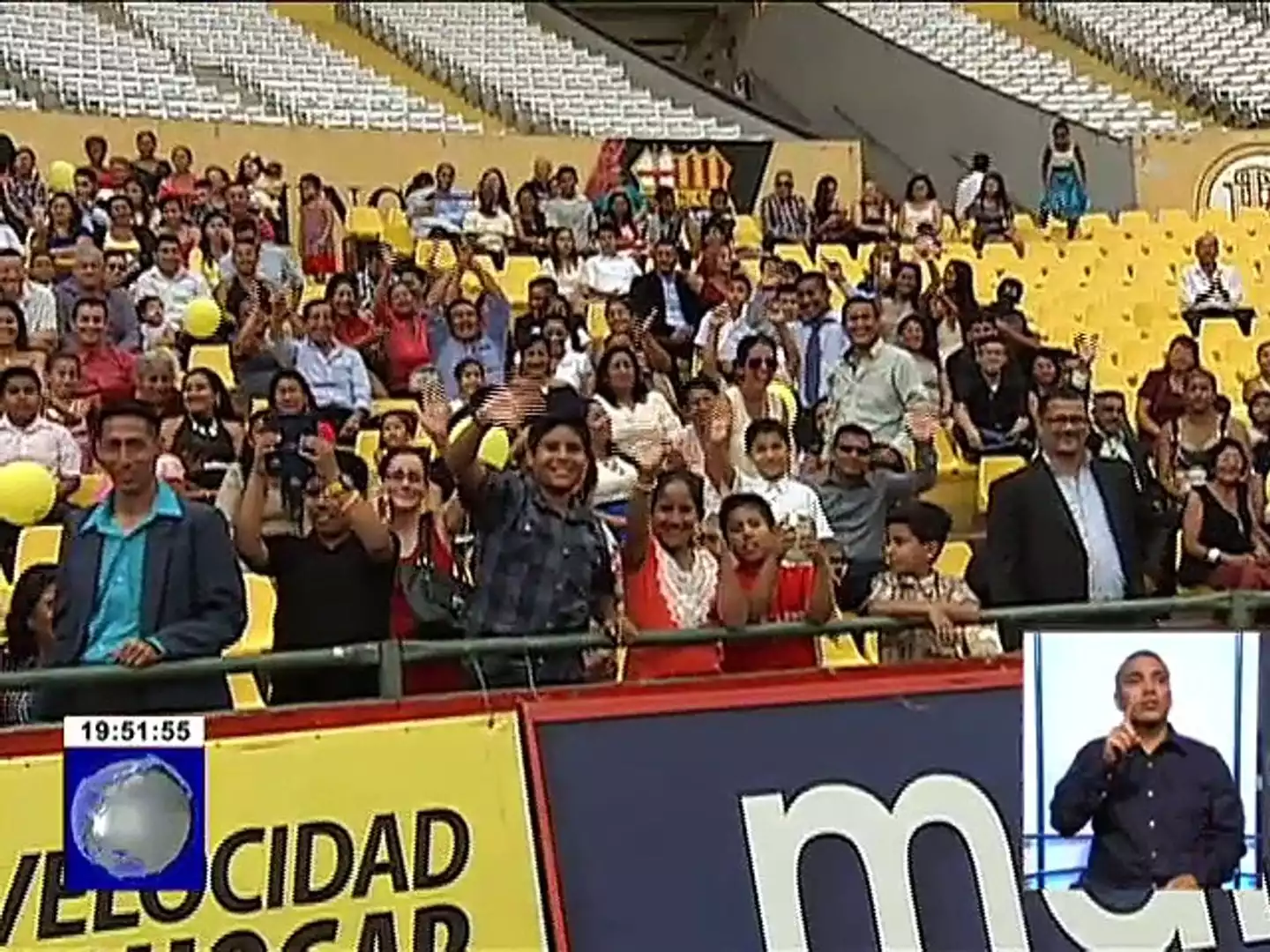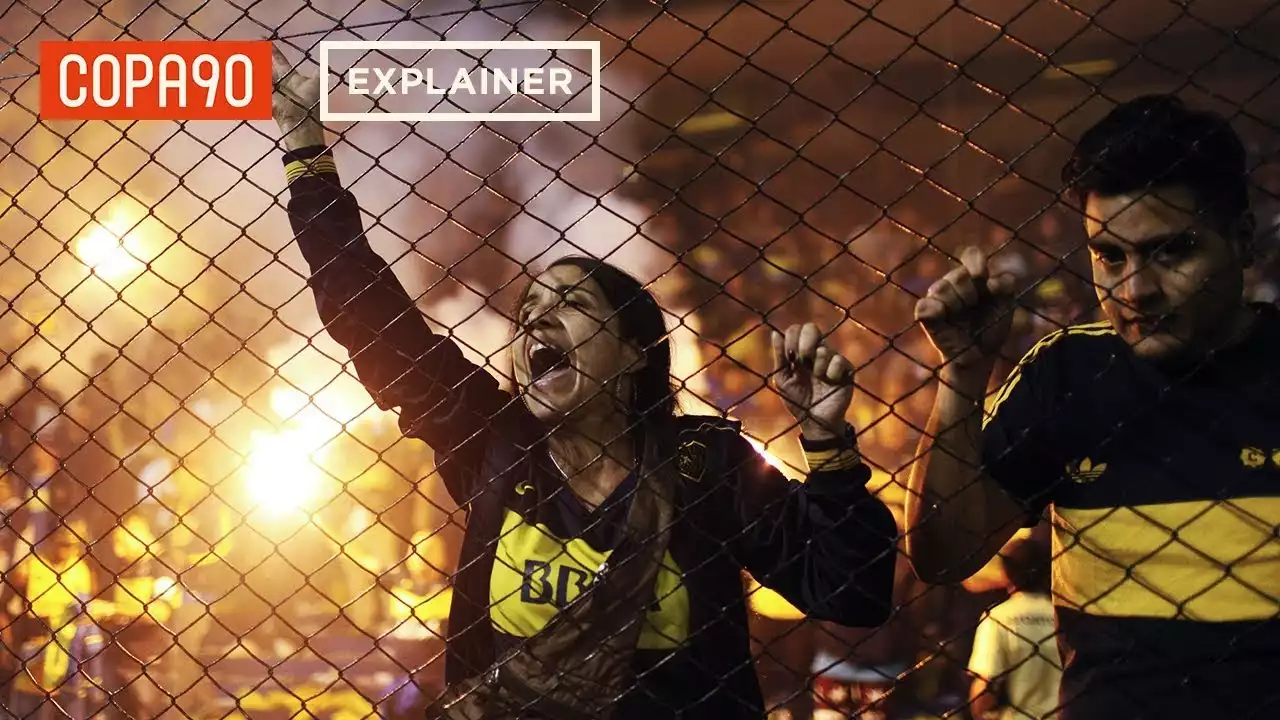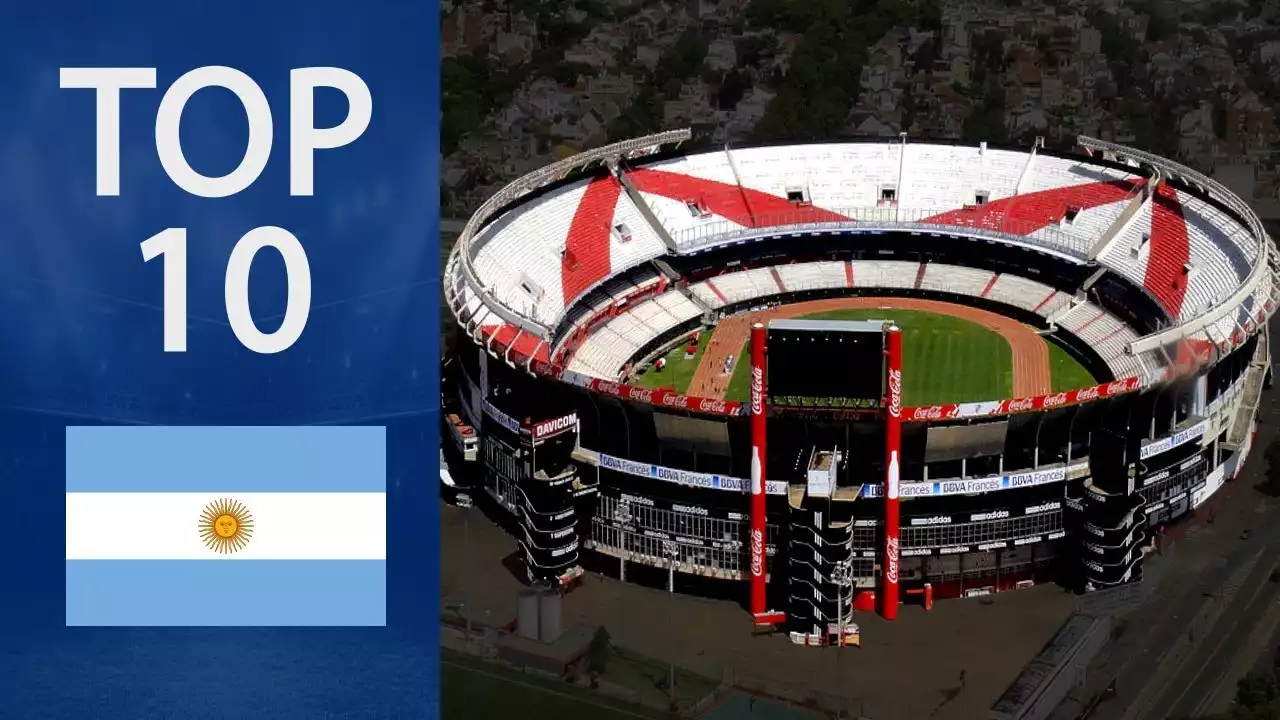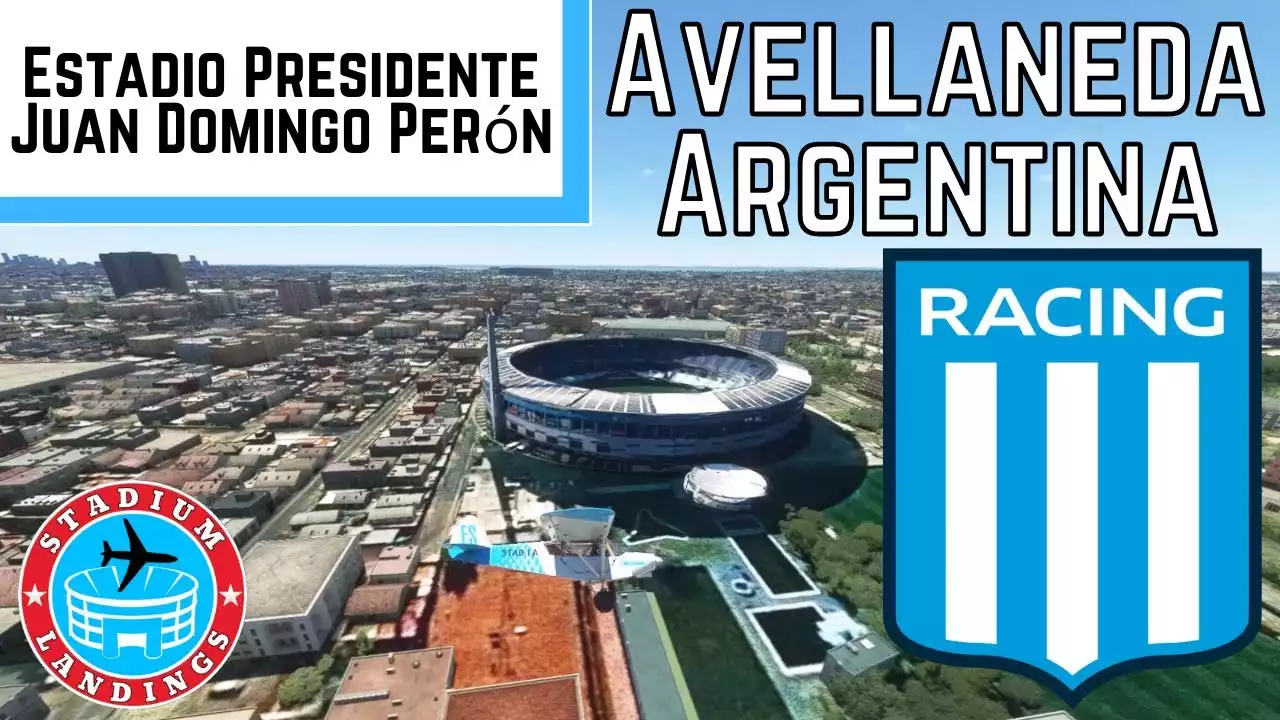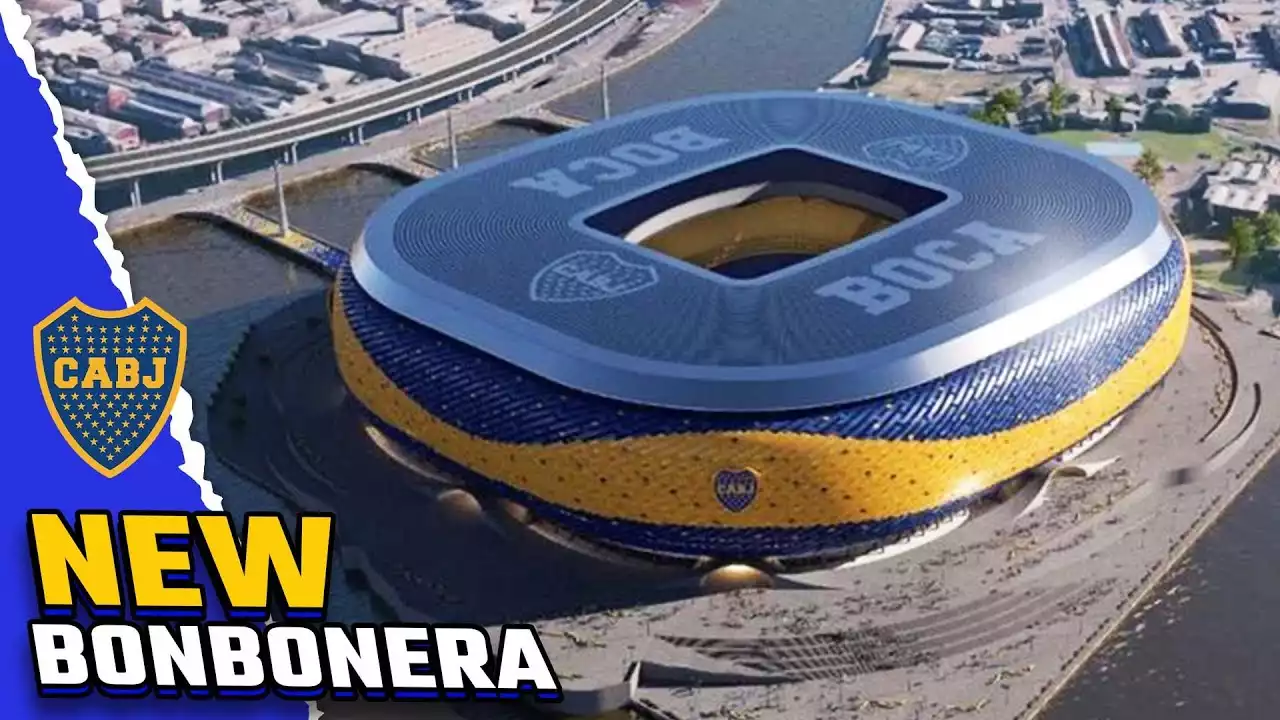History of El Monumental stadium
El Monumental stadium has a rich and storied history that dates back to its construction in 1936. It was designed by the renowned architect José Aslan and completed in just under two years. The stadium was initially built to replace River Plate's former home, the Estadio Alvear y Tagle, which had become too small to accommodate the growing fan base. El Monumental was intended to be a grand and modern venue that would reflect the club's ambitions and aspirations.
This magnificent stadium has witnessed numerous historic moments throughout its existence. One of the most memorable events in El Monumental's history was the 1978 FIFA World Cup final, where Argentina defeated the Netherlands to claim their first-ever World Cup title. The stadium's capacity was expanded for this prestigious tournament, and it showcased the world-class facilities and infrastructure that River Plate had to offer. This momentous occasion solidified El Monumental's reputation as one of the world's premier football stadiums.
El Monumental has also been the stage for countless domestic and international matches, including Copa Libertadores finals and Argentina's national team fixtures. The stadium's hallowed turf has seen its fair share of triumphs and heartbreaks, with River Plate etching their name in history as one of Argentina's most successful clubs. The stadium has become a symbol of pride not only for River Plate fans but for all Argentinians who hold football close to their hearts.
Architecture and design of El Monumental stadium
El Monumental's architecture is a marvel to behold. With a seating capacity of over 70,000 spectators, it boasts an impressive and imposing facade. The stadium's exterior is characterized by its towering concrete structures and arched entrances, which give it a sense of grandeur and majesty. The iconic red and white colors of River Plate are prominently displayed throughout the stadium, further cementing its identity as the club's spiritual home.
Inside El Monumental, fans are treated to a panoramic view of the pitch from every seat. The stadium's design ensures excellent sightlines and acoustics, allowing fans to immerse themselves fully in the action on the field. The pitch itself is meticulously maintained, providing players with a world-class surface to showcase their skills. The stadium's facilities, including locker rooms and media areas, are equipped with state-of-the-art amenities to cater to the needs of players, officials, and journalists.
El Monumental's architecture and design have not only made it a beloved venue for football matches but also a sought-after location for concerts and other events. Its versatility and adaptability have allowed it to host a wide range of performances, further solidifying its status as a cultural landmark in Buenos Aires.
Notable events and matches held at El Monumental stadium
El Monumental stadium has hosted a plethora of notable events and matches that have left an indelible mark on the hearts of football fans worldwide. One of the most iconic moments in the stadium's history occurred in 1986 when Diego Maradona's Argentina faced England in the quarterfinals of the FIFA World Cup. Maradona's infamous "Hand of God" goal, followed by his stunning solo effort, secured a famous victory for Argentina and propelled them towards World Cup glory.
Another historic moment in El Monumental's history came in 1996 when River Plate won their first-ever Copa Libertadores title. The atmosphere in the stadium that night was electric, as fans erupted in celebration when River Plate defeated America de Cali of Colombia. This victory marked the beginning of a golden era for the club, as they went on to win several more Copa Libertadores titles in the following years.
In addition to these memorable moments, El Monumental has hosted numerous Superclásico matches between River Plate and their arch-rivals Boca Juniors. The intensity and passion on display during these matches are unparalleled, with fans from both clubs creating an atmosphere that is nothing short of awe-inspiring. The Superclásico is widely regarded as one of the fiercest and most passionate rivalries in world football, and El Monumental is the perfect stage for this epic battle.
The atmosphere at El Monumental stadium
Stepping into El Monumental is an experience like no other. The electrifying atmosphere created by the passionate River Plate fans is truly awe-inspiring. From the moment you enter the stadium, you are greeted by a sea of red and white, as fans proudly display their colors and sing their hearts out. The chants and songs echo throughout the stadium, creating a cacophony of noise that reverberates through every corner of El Monumental.
The passion and dedication of the River Plate fans are infectious. Whether it's a crucial match or a routine league fixture, the stadium is always filled with an energy that is hard to describe. The fans' unwavering support for their beloved club is evident in their constant singing, flag-waving, and choreographed displays. It is this unwavering support that has propelled River Plate to great heights and has made El Monumental a fortress that opposing teams fear.
Attending a match at El Monumental is an experience that every football fan should have at least once in their lifetime. The atmosphere is unmatched, and the passion on display is truly inspiring. From the deafening noise of the crowd to the palpable tension in the air, El Monumental provides an immersive experience that will leave you with memories to last a lifetime.
Stadium tours and visitor experience
For those who want to delve deeper into the history and magic of El Monumental, stadium tours are available to the public. These tours provide a behind-the-scenes look at the stadium, allowing visitors to explore areas that are typically off-limits during matches. Guided tours take visitors through the stadium's corridors, locker rooms, and even onto the pitch itself, offering a unique perspective on the inner workings of this iconic venue.
During the tour, visitors have the opportunity to learn about the club's history, explore its trophy room, and see firsthand the rich heritage that River Plate holds dear. Knowledgeable guides provide fascinating insights into the stadium's architecture, its significance in Argentine football, and the legends that have graced its pitch.
The visitor experience at El Monumental is second to none. From the moment you arrive at the stadium, you are greeted by friendly staff who are passionate about sharing the club's story with visitors. The facilities are well-maintained, and the overall organization ensures a smooth and enjoyable experience for all.
El Monumental stadium: A symbol of River Plate's success
El Monumental stadium stands as a symbol of River Plate's success and dominance in Argentine football. The club's rich history and tradition are deeply intertwined with the stadium, making it an integral part of River Plate's identity. Countless trophies have been lifted within its walls, and generations of players have etched their names into the club's folklore through their performances at El Monumental.
The stadium has witnessed some of the greatest players in the history of Argentine football don the red and white of River Plate. From Alfredo Di Stefano to Enzo Francescoli, these legends have graced the pitch and left an everlasting impact on the club and its fans. El Monumental has been the stage for their heroics, serving as a canvas for their artistry and skill.
Beyond its sporting achievements, El Monumental has also become a symbol of unity and community. River Plate's fans, known as "los Millonarios," come from all walks of life, united by their love for the club. The stadium serves as a meeting place for these passionate supporters, a place where friendships are forged, and memories are made. It is a place where everyone is equal, where the only thing that matters is the shared joy and passion for football.
Future plans and developments for El Monumental stadium
As with any iconic venue, El Monumental is not immune to the need for constant improvement and development. River Plate has plans to renovate and modernize the stadium, ensuring that it remains at the forefront of footballing excellence. These plans include upgrading the facilities, improving accessibility for fans, and enhancing the overall matchday experience.
One of the proposed developments is the addition of a museum and interactive exhibits that will allow visitors to delve deeper into the club's history. This museum will showcase the trophies, memorabilia, and artifacts that have shaped River Plate's legacy, providing an immersive and educational experience for fans and visitors alike.
Additionally, River Plate aims to enhance the stadium's sustainability and environmental impact. Plans are in place to implement energy-efficient practices, reduce water consumption, and promote eco-friendly initiatives throughout the stadium. These efforts align with the club's commitment to being a responsible and environmentally conscious institution.
The future of El Monumental is bright, as River Plate continues to invest in its beloved home. The club's dedication to preserving the stadium's rich heritage while embracing modern advancements ensures that El Monumental will remain a world-class venue for generations to come.
The rivalry with Boca Juniors and the Superclásico
No discussion of El Monumental would be complete without mentioning its fierce rivalry with Boca Juniors, one of the most intense and storied rivalries in world football. The Superclásico, as it is known, pits River Plate against Boca Juniors in a battle for supremacy that transcends football itself. The rivalry is deeply rooted in history, politics, and the contrasting identities of the two clubs.
Matches between River Plate and Boca Juniors are always highly anticipated and fiercely contested. The atmosphere at El Monumental during a Superclásico is unmatched, with fans creating an atmosphere that is both electric and intimidating. The passion and tension on display during these matches are palpable, as players and fans alike give their all to secure victory for their respective clubs.
The Superclásico is more than just a football match; it is a cultural phenomenon that has captured the imagination of millions around the world. The rivalry represents the soul of Argentine football, with its unique blend of skill, passion, and drama. El Monumental serves as the battleground for this epic clash, providing a stage for the heroes and villains that emerge from these encounters.
